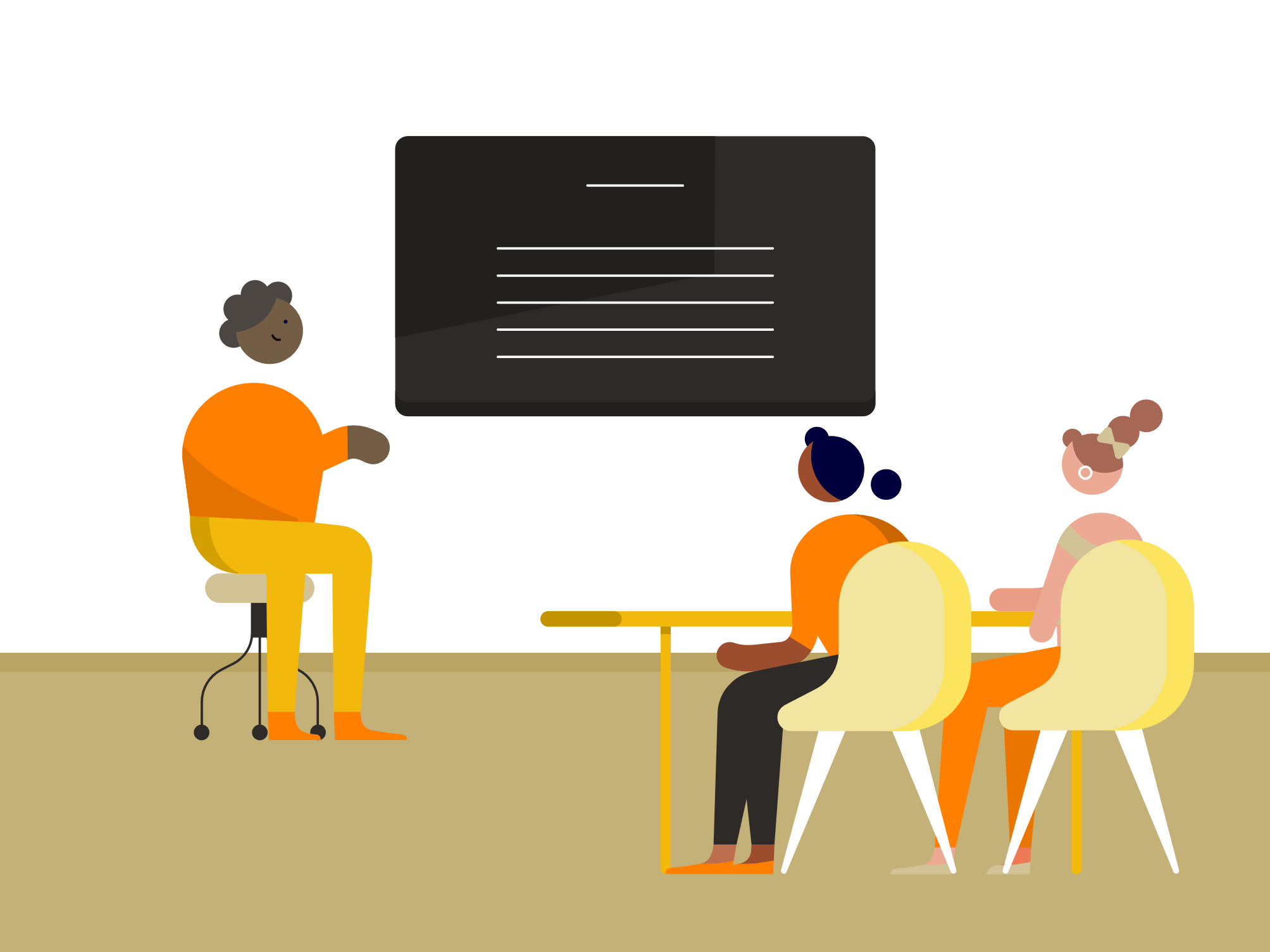
Information for young people
About the Co-STARS project
Psychosis is a severe mental illness which can change how people see the world. It impacts many aspects of the lives of individuals affected by it and can be extremely distressing. Psychosis affects vulnerable groups unfairly, with people from minority ethnic groups more likely to experience psychosis and to have greater difficulty accessing support when they do. There are several reasons for this including racism, discrimination, and stigma, but also a lack of awareness of the symptoms of mental illness (known as mental health literacy) among Black communities.
What is mental health literacy?
Mental health literacy (MHL) refers to having the right knowledge about mental illness, knowing how to look after your mental health, and knowing where to get the right support should you need it. It can help people access the right treatments at an earlier stage to help them stay well and have a good recovery. However, interventions designed to improve MHL do not take into account the needs and experiences of different cultural groups. As noted in the Black community, these needs and experiences may be responsible for some of the disparities seen, which is a missing component in our public health approach to improving mental health.
What can we do to make access to mental health care fairer?
There are several things we can do to make access to mental health care fairer. These include:
Improving understanding within Black communities about symptoms of mental illness and where to access timely support.
Improving education for mental health professionals around the challenges specifically faced by Black people.
Ensuring everyone is treated fairly, offered choice that respect cultural needs, and given timely access to treatments.
How is Co-STARS helping to achieve this?
We have developed a mental health literacy training package called Co-STARS that has been co-designed with young people from Black African and Black Caribbean backgrounds who have personal experience of mental ill health. The training is delivered by these young people to local communities across Birmingham in community spaces, such as places of worship and community centres. We want to see if this helps to encourage people from these communities to access support for their mental health, if they need it.
What else is Co-STARS doing?
As well as the community mental health literacy training, Co-STARS has also developed an online, e-learning module for mental health professionals on how they can specifically support Black communities better. Again, this has been co-designed with Black young people with personal experience of mental ill health. We will gather views from people within Black communities, as well as from mental health staff, on whether they think this training is helpful, appropriate, and can make a difference to improve mental health outcomes.




